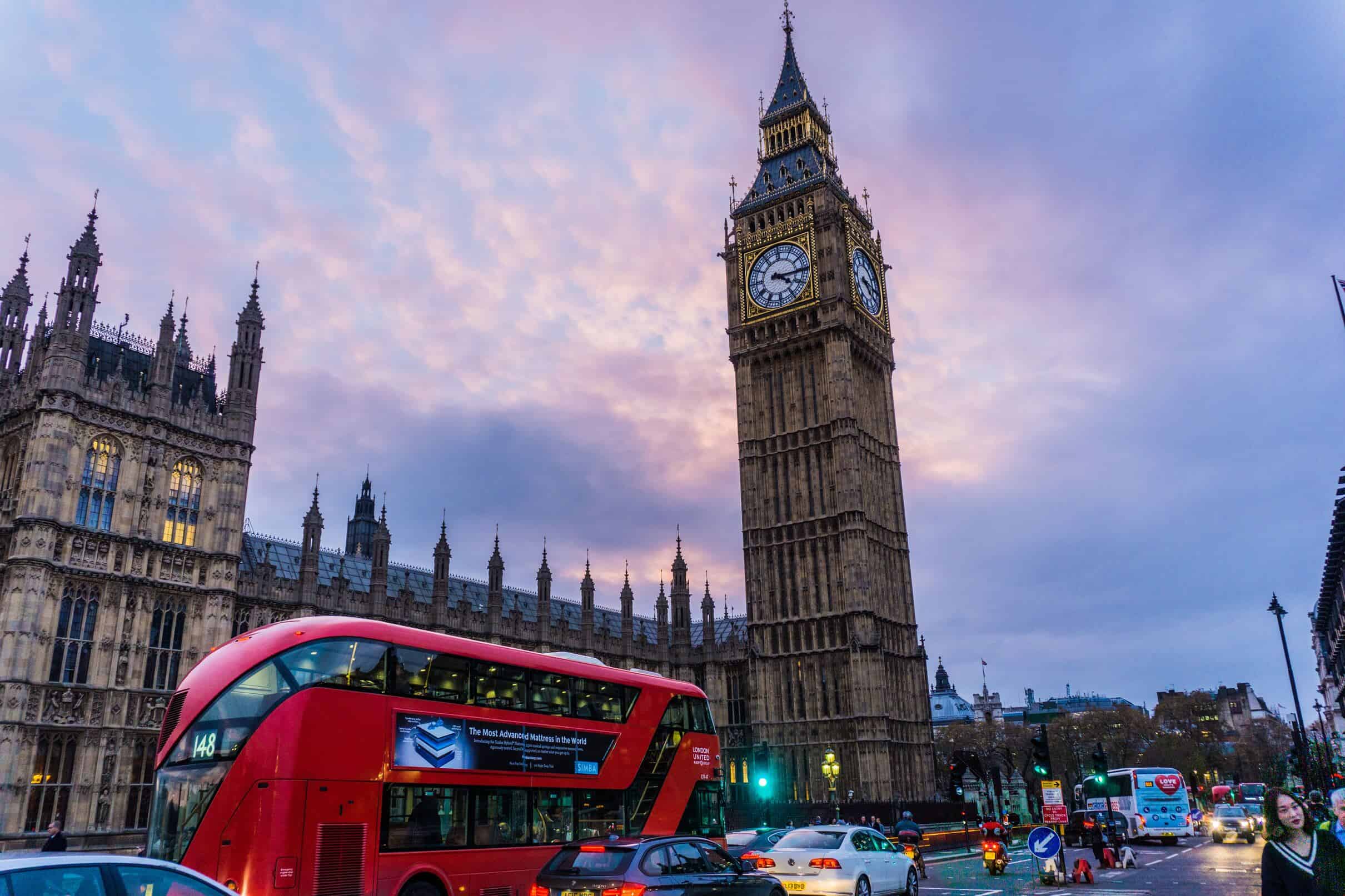In a surprising move that has raised eyebrows across environmental and political circles, the Mayor of London has announced the cancellation of a high-profile plan to implement a zero-emission zone in the city centre. The decision, which comes as a departure from the city’s ambitious climate goals, has ignited a debate about the complexities of balancing environmental concerns with economic and logistical realities.

The plan, initially set forth with much fanfare, aimed to create a zone within central London where only vehicles emitting zero tailpipe emissions would be permitted. This initiative was touted as a crucial step towards reducing the city’s air pollution levels and combatting the climate crisis. London, like many major urban centres, has been grappling with the detrimental effects of air pollution on public health and the environment. The proposed zero-emission zone was seen as a tangible solution to tackle these issues head-on.
However, as the old adage goes, the devil is often in the details. While the idea of a zero-emission zone held great promise, its implementation presented a multitude of challenges. One of the most pressing concerns was the potential economic impact on businesses operating within the designated area. The restriction on conventional vehicles could have led to increased costs for businesses, ranging from fleet upgrades to delivery logistics. Small businesses, already reeling from the economic downturn caused by the pandemic, voiced apprehensions about their ability to absorb such changes.
Furthermore, critics argued that the infrastructure required to support a zero-emission zone was inadequately developed. The availability of charging stations for electric vehicles, for instance, remains limited in many parts of London. A hasty implementation of the plan could have disproportionately penalised those who lacked access to the necessary resources for compliance.
The cancellation of the zero-emission zone plan should not be misconstrued as a step away from London’s commitment to environmental sustainability. Instead, it highlights the importance of a pragmatic approach that considers both the urgency of environmental action and the complexities of real-world implementation.
In a press conference addressing the decision, the Mayor acknowledged the concerns that had been raised by various stakeholders. He emphasised that the goal of a zero-emission zone remains central to the city’s long-term vision. However, he stressed the need for a more gradual and comprehensive strategy that encompasses not only the reduction of emissions but also the development of requisite infrastructure and support mechanisms for affected businesses.
The decision has drawn mixed reactions from experts and citizens alike. Environmentalists who had applauded the initial announcement expressed disappointment at the setback. They argue that bold and immediate action is required to address the growing climate emergency, and any delays in implementation could have far-reaching consequences.
Conversely, proponents of a more measured approach contend that a rushed execution could have done more harm than good. By taking the time to build the necessary infrastructure and provide support to businesses in the transition, the city can ensure a smoother shift towards a zero-emission future without unduly burdening its economic landscape.
This situation in London underscores the delicate balance that policymakers worldwide must navigate when addressing environmental concerns. The urgency of issues such as air quality improvement and emissions reduction cannot be denied, but the strategies to tackle them must be built upon a foundation of practicality and inclusivity. The abrupt implementation of stringent measures can lead to unintended consequences, particularly for vulnerable communities and small businesses.
In conclusion, the London Mayor’s decision to axe the plan for a zero-emission zone reflects the intricate web of challenges that decision-makers encounter in striving for environmental progress. While the cancellation of such a high-profile initiative might be seen as a setback, it is essential to view it as a strategic recalibration. The city’s commitment to reducing emissions and improving air quality remains steadfast, but the path forward will now be paved with a more comprehensive approach that considers the concerns of all stakeholders involved. As other cities around the world grapple with similar decisions, the London case serves as a reminder that finding the right balance between environmental aspirations and practical implementation is key to creating a sustainable future for all.
Here at Choose My Car, we try to bring our readers the most valuable and up-to date news for Automotive!





